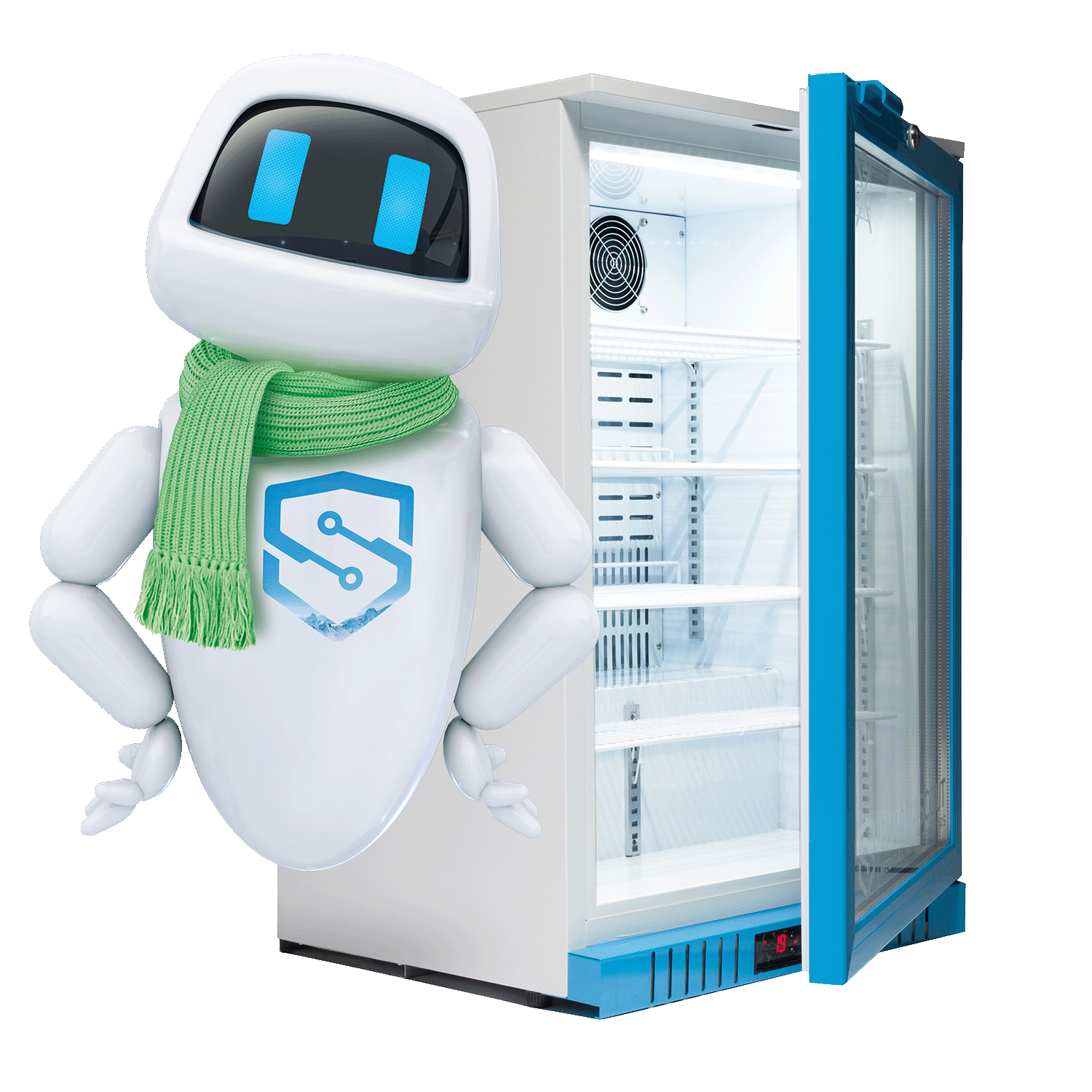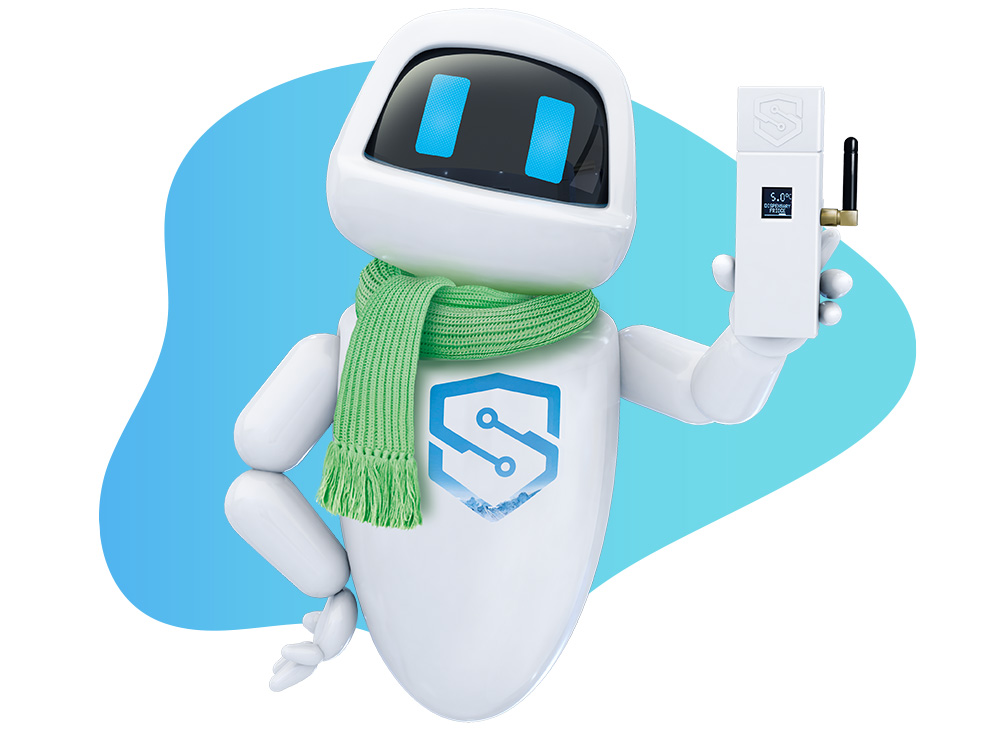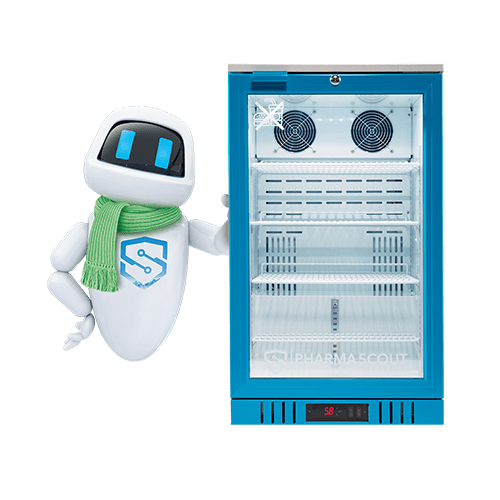When it comes to storing temperature-sensitive products, such as vaccines, medications, and perishable foods, the choice between a purpose-built cold chain fridge and a typical home fridge can significantly impact product integrity and safety.
While both serve the basic function of cooling, purpose-built cold chain fridges offer distinct advantages over their household counterparts. Here are the key benefits:

PRECISE TEMPERATURE CONTROL
Purpose-built cold chain fridges are designed specifically to maintain a narrow temperature range, typically between 2 to 8 degrees Celsius (35.6 to 46.4 degrees Fahrenheit), which is ideal for storing vaccines, medications, and other temperature-sensitive products. In contrast, typical home fridges often have wider temperature fluctuations, ranging from 0 to 10 degrees Celsius (32 to 50 degrees Fahrenheit), making them less suitable for storing sensitive medical products that require precise temperature control. The ability to maintain a consistent temperature is critical for preserving product efficacy and safety.
UNIFORM TEMPERATURE DISTRIBUTION
Purpose-built cold chain fridges are equipped with advanced temperature monitoring and airflow systems to ensure uniform temperature distribution throughout the storage compartment. This helps prevent hot spots and cold spots, which can occur in typical home fridges due to uneven airflow or placement of items. Uniform temperature distribution is essential for ensuring that all products stored in the fridge are exposed to the same conditions, minimizing the risk of temperature excursions and maintaining product quality.
COMPLIANCE WITH REGULATORY STANDARDS
Purpose-built cold chain fridges are designed to meet stringent regulatory standards set by organizations such as the World Health Organization (WHO), the Food and Drug Administration (FDA), and the European Medicines Agency (EMA). These standards require precise temperature control, monitoring, and documentation to ensure the safety and efficacy of temperature-sensitive products. Using a purpose-built cold chain fridge helps healthcare providers and pharmaceutical companies comply with these regulations, reducing the risk of product spoilage, recalls, and regulatory penalties.
RELIABILITY AND DURABILITY
Purpose-built cold chain fridges are built to withstand the rigors of continuous operation in demanding environments, such as hospitals, clinics, pharmacies, and laboratories. They are equipped with robust components, including high-quality compressors, insulation, and temperature sensors, designed to maintain optimal performance even under challenging conditions. In contrast, typical home fridges may not be designed for continuous use or may lack the durability required for storing sensitive medical products over extended periods. Investing in a purpose-built cold chain fridge ensures reliable performance and long-term durability, minimizing the risk of product loss due to equipment failure.
CUSTOMIZABLE FEATURES AND ACCESSORIES
Purpose-built cold chain fridges offer a range of customizable features and accessories to meet the specific needs of different applications and industries. These may include adjustable shelves, temperature alarms, data logging capabilities, and backup power systems. Some cold chain fridges are also equipped with advanced features such as remote monitoring and control, allowing users to monitor temperature and performance in real-time from anywhere. Such features enhance convenience, efficiency, and peace of mind for users responsible for storing and managing temperature-sensitive products.
IN SUMMARY
In summary, purpose-built cold chain fridges offer several advantages over typical home fridges in terms of precise temperature control, uniform temperature distribution, regulatory compliance, reliability, durability, and customizable features. Investing in a purpose-built cold chain fridge is essential for organizations and individuals responsible for storing temperature-sensitive products, ensuring product integrity, safety, and compliance with regulatory standards.





